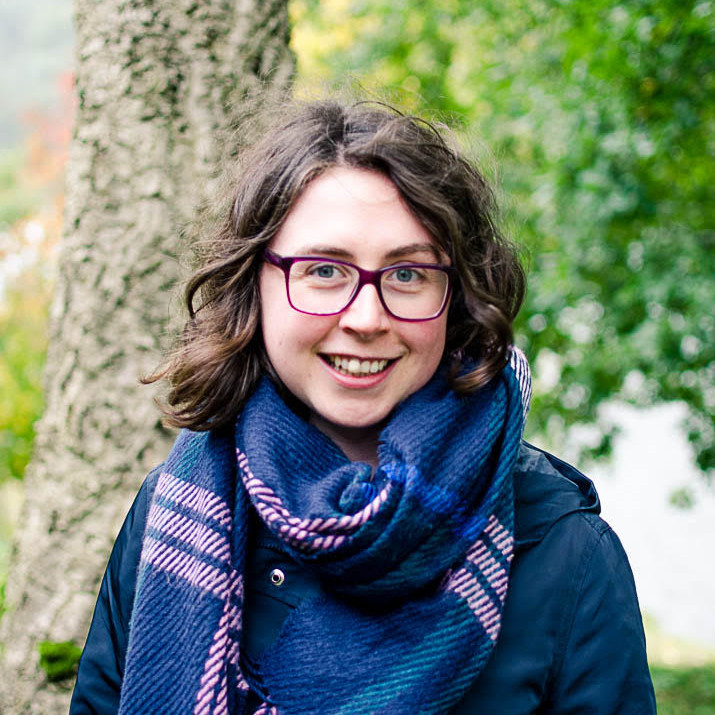
I find lattice-based cryptography interesting because of the advanced applications it enables. In some cases, we don’t know how to otherwise build these applications using cryptography based on different hard problems.
We’re excited to announce the second Radiant Award recipient, Rachel Player. We selected Rachel because of her work on post-quantum cryptography and homomorphic encryption. Both of these areas of cryptography show promise for playing a role in a more secure and privacy-respecting Web in the future.
Two of the concepts that ring through Rachel’s work are the ability to apply research to real-world solutions and bringing more diversity to the field of cryptographic research. We are happy to share this thinking with you below, please enjoy.
Our partner in making today’s award possible is Internet Society. We’d like to thank them for their generous support of this award and its recipient.
For me, some of the most interesting research problems stem from the idea of applicability. In fact, this is how I got into cryptography: I was interested in applying the number theory and algebra I had enjoyed studying as an undergraduate. I specialise in lattice-based cryptography , which describes cryptographic schemes whose security is based on lattice problems, as opposed to (for example) factoring or discrete logarithms. I find lattice-based cryptography interesting because of the advanced applications it enables. In some cases, we don’t know how to otherwise build these applications using cryptography based on different hard problems.
For example, recently I have focused a lot on homomorphic encryption, one popular application of lattice-based cryptography. This is a technology that enables computation on encrypted data, without having access to the secret key, or otherwise learning the underlying data. This could be applied to gain useful insights from medical, genomics or finance data, where the need for data privacy has so far prevented such applications. The last few years have been a particularly interesting time to work in homomorphic encryption as we see the transition from proof-of-concept implementations towards commercial viability.
As well as applicability, another recurring theme for me is accessibility. When using developing technologies like homomorphic encryption, we need to take care to balance considerations of performance, correctness, and security, all three of which are active research areas. When tackling these questions, I have always tried to keep the user in mind. Because the range of applications is so wide, there are many potential users who may not be experts in cryptography. Therefore, there is a pressing need to create tools in order to make this technology accessible. In an ideal world, an optimal choice of parameters would be generated without the user ever realising the years of research work that have gone on behind the scenes!
I would also like to make the process of becoming a cryptographic researcher itself more accessible. In high school, I loved mathematics and problem solving, but actively decided not to study A Level computing, which I felt was not for “people like me”. (UK students aged 16-18 typically study for 3 or 4 Advanced Level qualifications, known as A levels; these are the final qualifications obtained on leaving high school). It was many years before I realised that studying computer science could enable me to contribute to the technologies of the future and was in fact aligned with my interests! I was lucky to come from a supportive family with parents who had been to university, so the path to becoming an academic was not too alien. Not all of my peers at the time were so fortunate, so when the opportunity came up to talk at my high school about a career in research, I didn’t hesitate.
I wrote more about my experience in high school on the WISDOM blog. The WISDOM group at Royal Holloway, University of London, aims to raise the profile of women working in mathematics and information security, and to increase diversity in these fields. Being part of supportive networks such as WISDOM has been essential to my career success so far, and I would encourage everyone to get involved!
- Rachel Player, November 2019
Website: https://rachelplayer.github.io
Twitter: @yayworthy